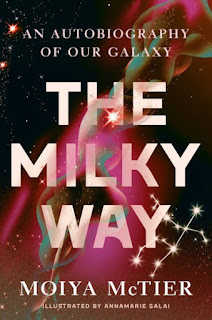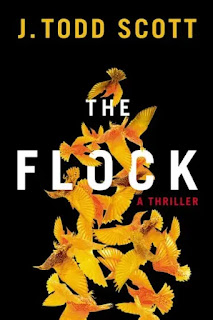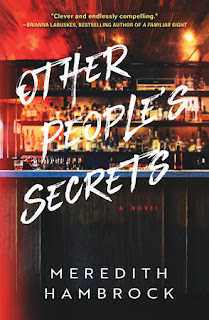Amanda Craig is a British novelist, short-story writer and critic. Born in South Africa in 1959, she grew up in Italy, where her parents worked for

the UN, and was educated at Bedales School and Clare College Cambridge.
The heroine in Craig's
The Golden Rule is "a graduate and an impoverished and abused single mother who gets suckered by a rich woman into a plot to murder each other’s husbands. She discovers a very different story as a result of cleaning her intended victim’s home."
At the
Guardian the author tagged
ten top books on cleaners, "undervalued workers and their sharp perspectives on those they tidy up after." One title on the list:
Mrs Harris Goes to Paris by Paul Gallico

Novels about cleaners are usually variants of Cinderella. In 1958, Mrs Harris works for “human pigs” in Belgravia, and longs for a Dior dress. When she wins the football pools, she goes to Paris to buy one. Being very much of its time, she is an innocent abroad but the charm of Gallico’s depiction of the doughty cockney going into battle with the snooty French is winning. Though Gallico was best-known for novels such as The Snow Goose, Mrs Harris became one of the author’s best-loved comic creations; she reappears in three subsequent books, even becoming an MP.
Read about
another entry on the list.
--Marshal Zeringue











































